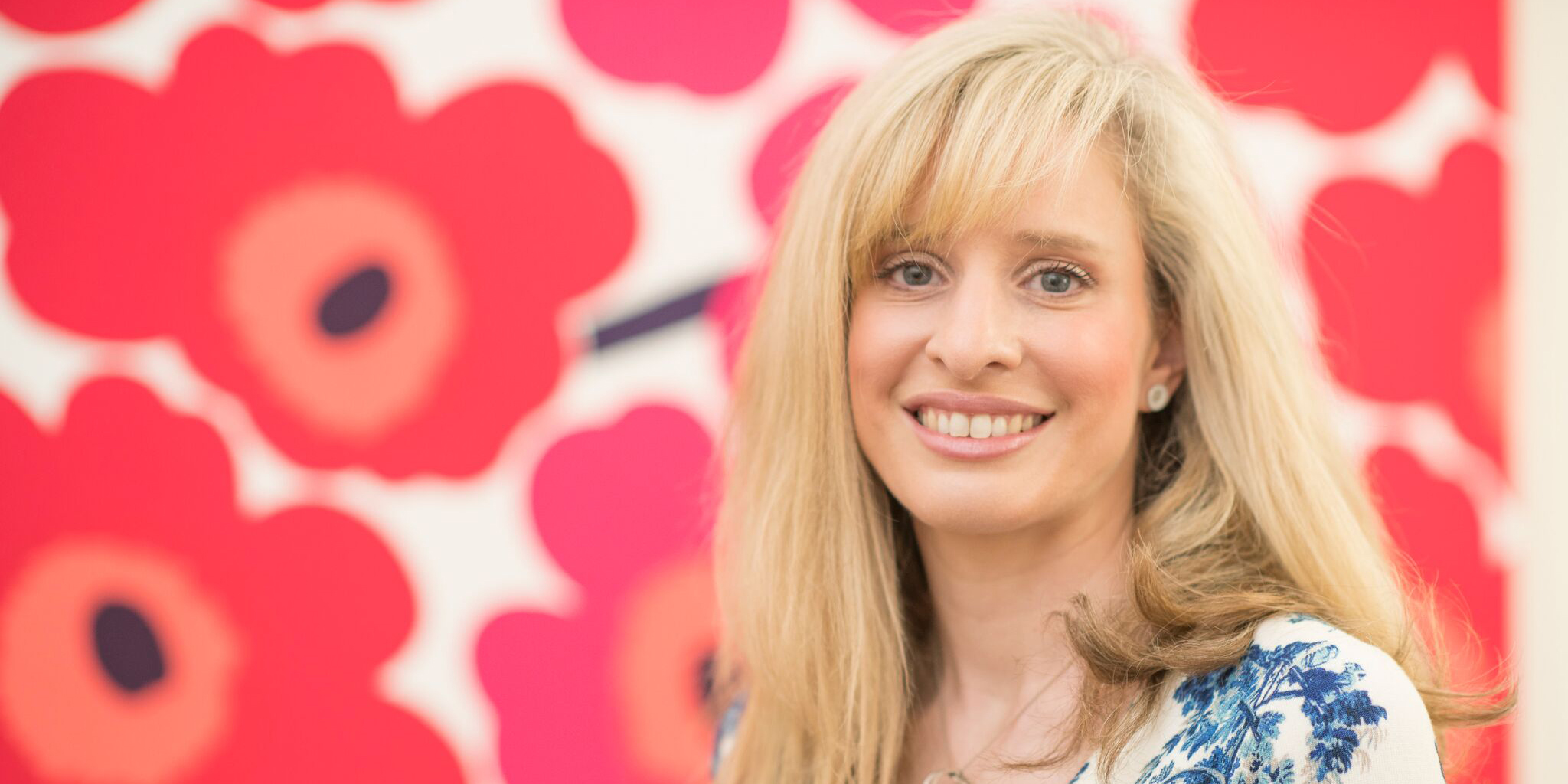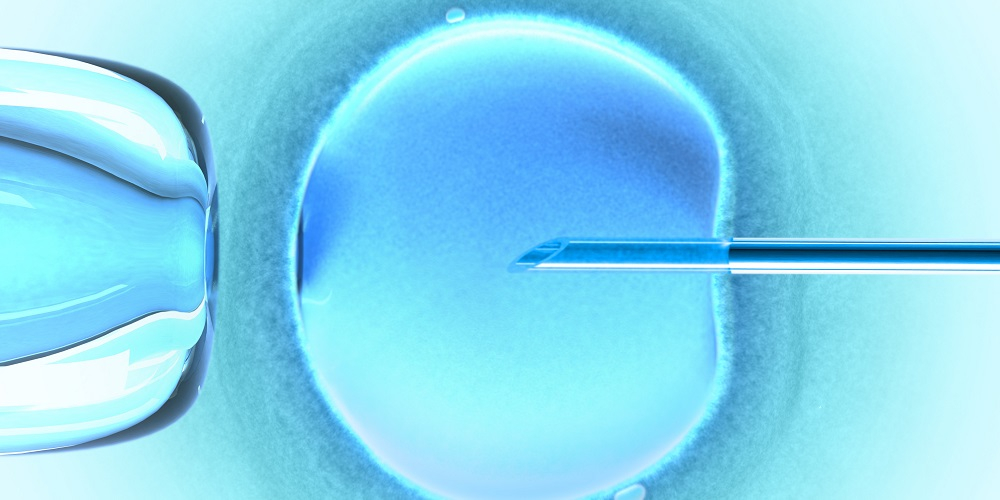
Most students underestimate how much age affects the chance of having a baby, according to new research published today.
The study, involving 1,215 University of Melbourne students, found less than half correctly identified 35-39 years as the age at which female fertility declines significantly and less than one in five correctly identified 45-49 years as the age when male fertility declines.
Having children was equally important to the male and female students surveyed. Many wanted to complete their families before a significant decline in fertility occurred while also expecting to achieve many other life goals before becoming parents.
Women were more likely than men to rate completing their studies, advancing in their profession, having work that can be combined with parenthood and having access to childcare as important before starting a family.
“Our study shows that university students overwhelming want to be parents one day," the paper’s lead author, Dr Eugenie Prior, said.
"However, most also have unrealistic expectations of what they want to achieve before having children, whether that be in their career or financially. We need to educate young people about the limits of fertility and support them to become parents at a point that is ideal biologically, while balanced against the life goals they want to achieve.”
The Women's fertility specialist, reproductive endocrinologist and co-author of the study, Dr Raelia Lew, said the study reflected the attitudes and knowledge of many patients she and her fellow clinicians saw on a daily basis.
“What we’re seeing is a big social disconnect between young people’s views and goals, and biological reality,” Dr Lew said.
"More and more patients are presenting later in life to plan a family and often to plan their first baby over the age of 35. In that group of patients, I do see a disproportionate burden of age-related fertility problems."
Dr Lew is one of only a few gynaecologists to hold the Certificate in Reproductive Endocrinology and Infertility, the highest level of postgraduate training in IVF and fertility offered to Australian and New Zealand doctors.
She said there was a dangerous misconception over the use of IVF, where embryos are created outside of the body and then placed in a woman's uterus.
"IVF is fantastic technology and there are literally millions of babies in the world that wouldn't be here if it wasn't for IVF," Dr Lew said.
But she said it wasn't a cure for age-related fertility problems.

Louise Johnson, co-author and CEO of the Victorian Assisted Reproductive Treatment Authority (VARTA), said enhanced community-wide education was crucial in raising awareness among young Australians in order for them to make informed choices.
“We need to educate young people about the limits of fertility and support them to become parents at a point that is ideal biologically, while balanced against the life goals they want to achieve,” Ms Johnson said.
